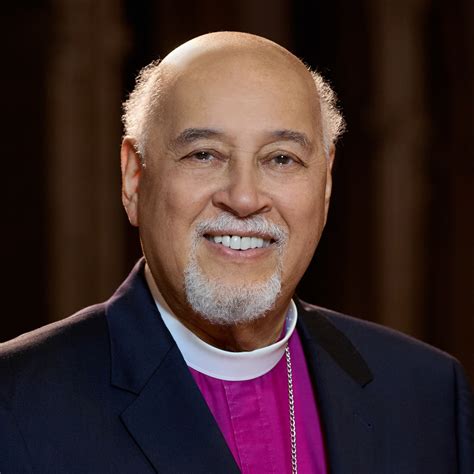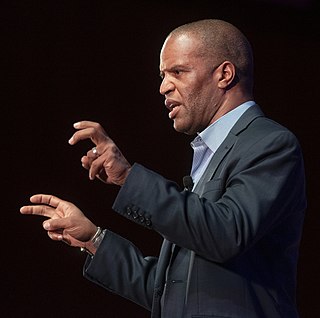A Quote by Alan Greenspan
The number one problem in today's generation and economy is the lack of financial literacy.
Related Quotes
Financial literacy is not an end in itself, but a step-by-step process. It begins in childhood and continues throughout a person's life all the way to retirement. Instilling the financial-literacy message in children is especially important, because they will carry it for the rest of their lives. The results of the survey are very encouraging, and we want to do our part to make sure all children develop and strengthen their financial-literacy skills.
The Harper Government is committed to ensuring that seniors have the skills they need to make solid financial choices. Seniors today face an increasingly complex financial marketplace, and it will take the combined efforts of public and private sector organizations to help seniors navigate the many financial choices they face. The start of Financial Literacy Month is an excellent opportunity to thank the Canadian Bankers Association and encourage other private sector organizations to take an active role in providing financial literacy support to Canada's seniors.
We don't invest in financial literacy in a meaningful way. We should be teaching elementary school children how to balance a checkbook, how to do basic accounting, why it's important to pay your bills on time. First, education. Begin the learning process as early as possible, in elementary school. Second, encourage and support entrepreneurism. Third, policy. I know it's a priority of the US Treasury to augment financial inclusion and increase financial literacy.
The number of nuclear bombs on the planet today - the sheer quantity of weapons of mass destruction in the possession of people and governments throughout the world - along with the fact that the use of brute force and militarism is an almost knee-jerk way of problem-solving on the planet today, makes the eradication of war the great moral issue of this generation.
I believe that the financial crisis of 2008/9 exposed more a lack of ethics and morality - especially by the financial sector - rather than a problem of regulation or criminality. There were, of course, regulatory lessons to be learned, but at heart, there was a collective loss of our moral compass.
In terms of my profession, I'm passionate about financial literacy. I want to live in a financially literate society. I want kids to understand the importance of savings and investing. I want to try to replicate the great savers who came out of the Depression, the best savers the country has ever seen. It's crucial that people understand the importance of financial literacy, because it's actually life saving.
The problem facing humanity today is not a political problem; it's not a financial problem; it's not a military problem. It's obviously a spiritual problem. That is, it has to do with what we believe to be true about who we are, where we are, why we are where we are, and what are we doing on the Earth. What is the purpose of life itself? What we need right now are leaders or models, people who will stand up and not only help to write a cultural story, but help to model it in the way that they interact with each other.
Today it's fashionable to talk about the New Economy, or the Information Economy, or the Knowledge Economy. But when I think about the imperatives of this market, I view today's economy as the Value Economy. Adding value has become more than just a sound business principle; it is both the common denominator and the competitive edge.





































